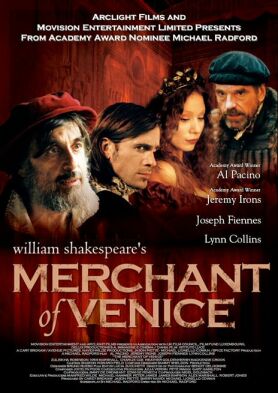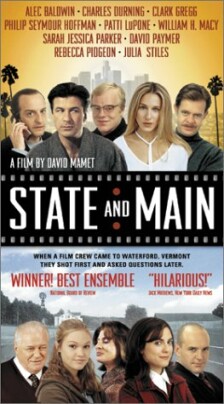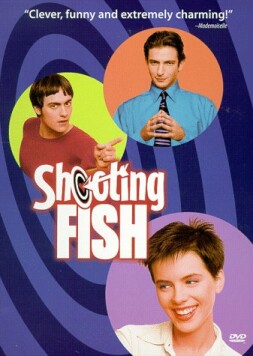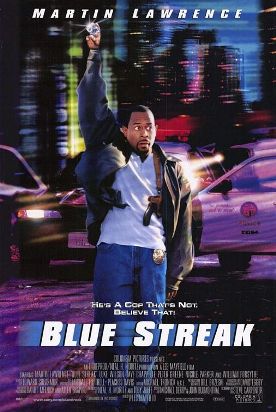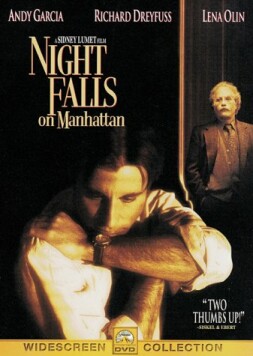Merchant of Venice, The
It may be time for us finally to put the world on notice that Shakespeare’s Merchant of Venice has officially become unperformable. Certainly, that would seem to be the obvious conclusion to be drawn by devoted Shakespearians after seeing Michael Radford’s new film adaptation of the play. I should say at the outset that this is not so bad as I expected it to be, nor for the reason that I expected it to be, which was Al Pacino’s characteristic over-acting in the role of Shylock. But either Al has learned a new restraint or Mr Radford was able to direct him with a firm enough hand that Shylock is the best thing about the film. Or one of the two best things. And therein lies the problem. For it is almost impossible for any modern version of the play not to make Shylock the most important figure in it, even though he was pretty obviously not most important to Shakespeare. This almost seems to mean that the better your Shylock the worse — because the more incoherent — your production is as a whole.
Radford deals with this problem by simply ignoring it. He begins with a little historical tutorial by putting titles up on the screen to the effect that “Intolerance of Jews was a fact of life in 16th century Europe.” This text is illustrated forthwith, before anything Shakespearean has happened, with shots of a Venetian Jew being tossed into a canal by a gang of anti-Semitic louts for no apparent reason. Meanwhile, we are invited to watch the melancholy Antonio (Jeremy Irons) spits upon Shylock’s Jewish gaberdine — which Shylock in the play is shortly going to assure us he has done, though a less likely gaberdine-soiling Jew-hater than the hang-dog Mr Irons it is not easy to imagine.
So then this is going to be a movie about, as the play is so often assumed to be about, anti-Semitism, right? Uh, wrong. Shakespeare didn’t write it as a play about anti-Semitism. To him the anti-Semitism was merely incidental, and something that in all probability he as well as most of Christian Europe shared to a greater or lesser extent. To him it was a play about justice and mercy, about getting as much as we deserve, or perhaps — as we may all learn to hope — rather more than that. This means that, having established at the outset that his focus is on anti-Semitism, Radford must immediately turn around and expect us to forget all that as soon as the Shakespearian drama begins. Instead, we are meant to concentrate on the lives and loves and melancholy feelings of those who have just been introduced to us as a pack of vicious bigots.
Then, just to complicate matters further, he rather strongly suggests that the relationship between Antonio and Bassanio (Joseph Fiennes) is a homosexual one — which, indeed, many Shakespearean scholars nowadays believe it to be. So maybe he wants us to think that these guys are hated themselves, as well as being haters? Well, no. Not that either. Radford no more has the courage of his convictions in the one case than he does in the other. After one broad hint as Antonio’s loan to Bassanio is discussed on the former’s bed and the bargain is sealed with a kiss on the lips, the whole matter of homoeroticism is quietly dropped and we go back to the old-fashioned, 10th grade English version of the play in which the two have nothing more than an ordinary friendship.
You’ve got to sympathize with such confusion since, even though Radford makes it worse than it needs to be, some degree of confusion could hardly be avoided for a modern audience — which just goes to show how inadequate as an account of the world is our modern belief that the only sin is prejudice. Shakespeare’s having written a play in which prejudice figures strongly traps us into thinking he was more like us than he really was. It is a trap — the “relevance” trap — that producers and directors have been falling into for forty or fifty years now, but as Radford’s movie shows it only results in a step away from relevance and a reduction of a difficult and interesting play to assorted platitudes about tolerance and multi-culturalism with which we are already all too familiar.
Despite the near absence from this version of any live moral issues, however, the picture is almost saved by the performances of Mr Pacino as a bloodthirsty and yet still sympathetic Shylock and by Lynn Collins in the role of Portia who not only makes us think her far too good for Bassanio — not much of a trick to that — but also makes us fall in love with her ourselves, a vital preliminary to consideration of the whole question of justice, love and desert.
There are some other small annoyances. Both David Harewood as Morocco and Antonio Gil-Martinez as Aragon do great jobs in those caricature parts, but the former is made to say “All that glistens is not gold” instead of “glisters” as a dumbed-down tribute to the usual misquotation (likewise, the rat in Shylock’s house is said to be “killed” rather than the Shakespearean “baned”), while the latter addresses his line, “You shall look fairer ere I give or hazard,” to Portia rather than the leaden casket. Jessica (Zuleikha Robinson) is shown with Shylock’s turquoise ring after she is said to have given it for a monkey, while Shylock’s reproaches to Salerio (John Sessions) and Solanio (Gregor Fisher) for assisting her in her flight are delivered against a backdrop of bare-breasted prostitutes — who henceforth will be what you see when you look up “gratuitous nudity” in the dictionary.
But these are not the only splendid visuals, and when the gloriously lovely Portia delivers her gloriously lovely speech beginning: “You see me, Lord Bassanio, where I stand” with its tribute to him as “her lord, her governor, her king,” she is in movingly unironic earnest. Here, at least, Shakespeare is allowed to remain shockingly anachronistic, and it almost makes up for the rest of the film’s faults.
Discover more from James Bowman
Subscribe to get the latest posts to your email.

